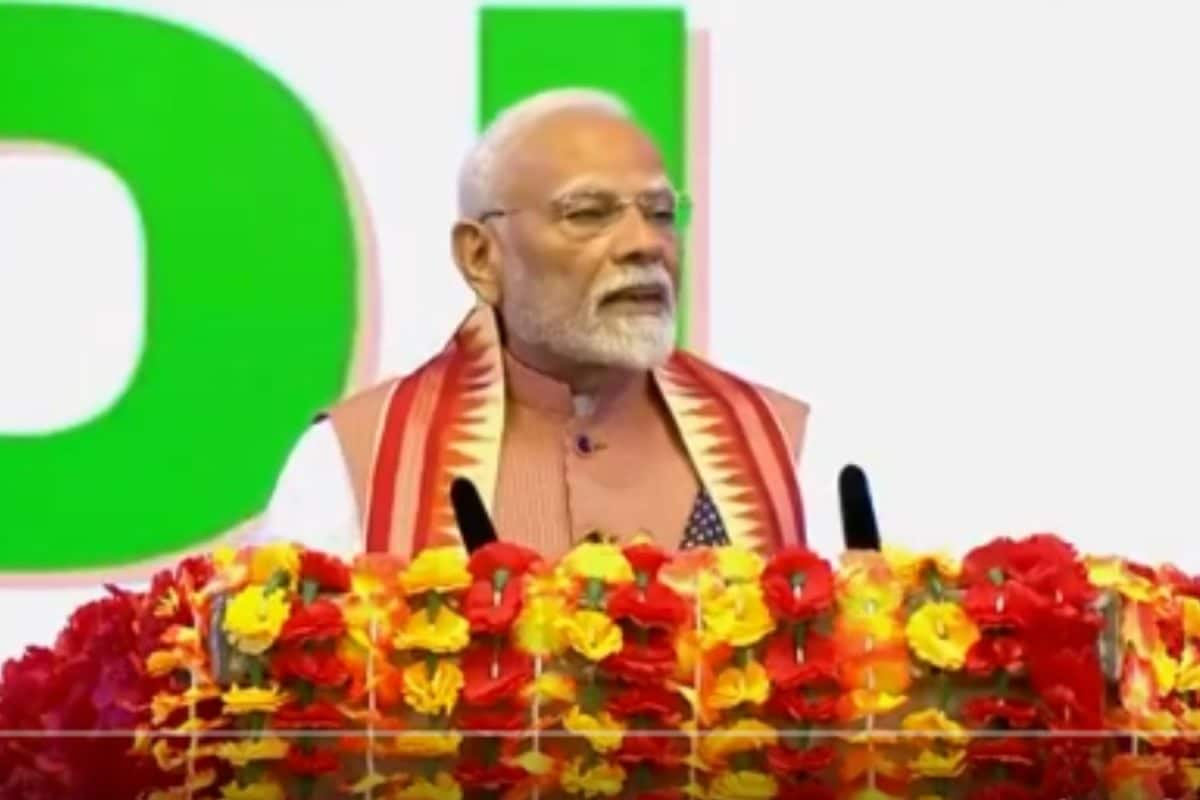

During his recent visit to Trinidad and Tobago, Prime Minister Narendra Modi subtly highlighted Bihar's significance, a move seen by many as a strategic message ahead of the upcoming elections in the Indian state. Modi's emphasis on the historical and cultural importance of Bihar, coupled with his acknowledgment of the Indian diaspora's roots in the region, resonated deeply with the audience and carried implications for the political landscape back home.
In his address to the Indian community in Port of Spain, Modi lauded Bihar's contributions to India and the world, emphasizing its pioneering role in democracy, politics, and diplomacy. He expressed confidence that Bihar would continue to inspire and offer new opportunities in the 21st century. This focus on Bihar's heritage served to remind the diaspora, particularly those with ancestral ties to the state, of their shared roots and the enduring legacy of their homeland. Approximately 40% of the population of Trinidad and Tobago are of Indian origin, with a significant portion tracing their roots to Uttar Pradesh and Bihar.
A key moment in Modi's address was his reference to former Prime Minister of Trinidad and Tobago, Kamla Persad-Bissessar, as "Bihar ki Beti" (daughter of Bihar). He noted that her ancestors hailed from the Buxar district in Bihar and that she had even visited the area. This acknowledgment of Persad-Bissessar's Bihar connection was not just a gesture of goodwill but also a calculated move to connect with the women voters in Bihar. Persad-Bissessar's achievements as the first female Prime Minister of Trinidad and Tobago, and her ancestral connection to Bihar, make her a potent symbol of female empowerment and a figure with whom many Bihari women can identify.
Furthermore, Modi presented Persad-Bissessar with holy water from the Mahakumbh and the Sarayu River, requesting her to offer it to the Ganga Dhara in Trinidad and Tobago. This symbolic gesture underscored the cultural and spiritual links between India and the diaspora, reinforcing the idea of a shared heritage and a common identity.
Beyond the immediate cultural impact, Modi's visit also brought tangible benefits to the Indian diaspora. He announced that Overseas Citizen of India (OCI) cards would now be extended to the sixth generation of Indian descendants in Trinidad and Tobago. This decision is significant as it allows more members of the diaspora to live and work in India, strengthening their connection to their ancestral homeland.
The timing of Modi's visit and his emphasis on Bihar are particularly noteworthy given the upcoming elections in the state. By highlighting Bihar's heritage, praising the achievements of individuals with Bihar roots, and extending benefits to the diaspora, Modi is subtly appealing to voters in Bihar. The message is clear: the BJP-led government recognizes and values the contributions of Bihar and its people, both within India and abroad.
In conclusion, PM Modi's recent visit to Trinidad and Tobago was more than just a diplomatic engagement; it was a carefully calibrated outreach to the Indian diaspora with a strategic message for voters back in Bihar. By invoking Bihar's pride, celebrating its cultural heritage, and acknowledging the achievements of its descendants, Modi has laid the groundwork for a potentially significant impact on the upcoming elections.